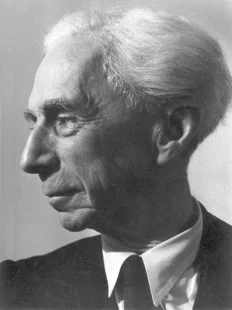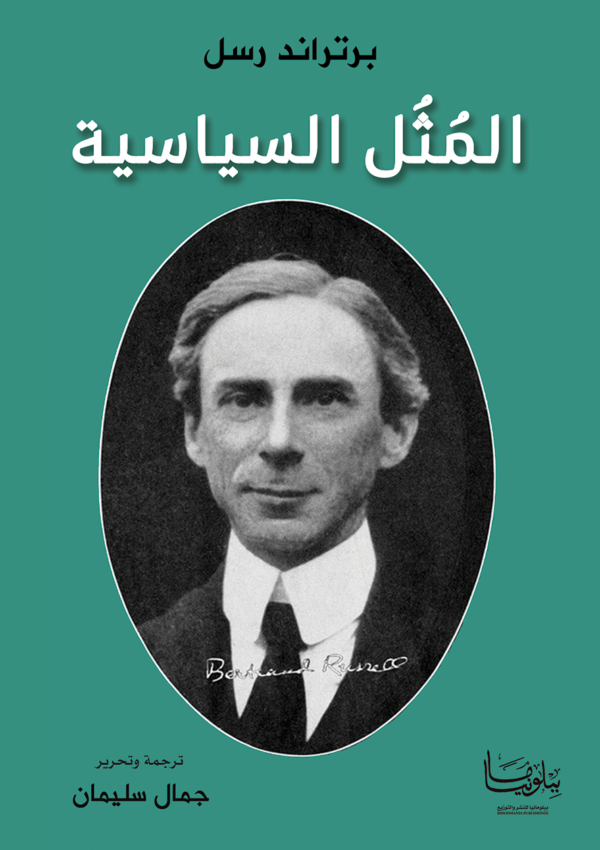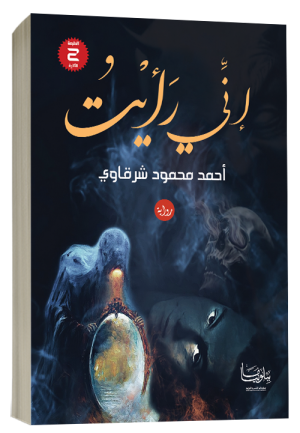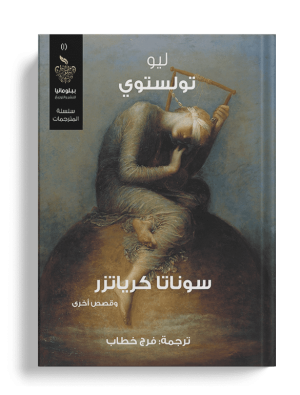الوصف
في الأيام المظلمة، يحتاج البشر إلى إيمان واضح وأمل راسخ؛ وشجاعة هادئة في مواجهة المحن. إن الأزمنة التي نمر بها تتطلب منا تأكيدًا لإيماننا، وأن نرى أن الأمور التي كنا نعتقد أنها شر هي حقا شر، ونحن نعرف بشكل أكثر تحديدا مما كنا نعرف من قبل الاتجاهات التي يجب أن يسير فيها البشر إذا أُريدَ لعالم أفضل أن ينهض على أنقاض هذا العالم الذي يلقي بنفسه الآن إلى الدمار. ونحن نرى أن تعاملات الرجال السياسية مع بعضهم البعض تستند إلى مُثلٍ خاطئة تمامًا، يجب تصويبها وإحلالها بمُثل مختلفة تمامًا عن الاستمرار بها؛ لكونها مصدرًا للمعاناة والدمار والخطيئة.
المُثُل السياسية يجب أن تقوم على المُثُل العليا لحياة الفرد. وينبغي أن يكون هدف السياسة هو جعل حياة الأفراد كريمة قدر الإمكان، فلا شيء يستطيع السياسي أن يفكر فيه خارج أو فوق أو أهم من عديد الرجال والنساء والأطفال الذين يؤلفون العالم. إن مشكلة السياسة تكمن في تعديل العلاقات بين البشر على نحو يجعل كل فرد يتمتع بأكبر قدر ممكن من الخير في حياته. وهذه المشكلة تتطلب أن نفكر أولًا في ماهية التفكير الجيد في حياة الفرد.
-

Bertrand Arthur William Russell was born at Trelleck on 18th May, 1872. His parents were Viscount Amberley and Katherine, daughter of 2nd Baron Stanley of Alderley. At the age of three he was left an orphan. His father had wished him to be brought up as an agnostic; to avoid this he was made a ward of Court, and brought up by his grandmother. Instead of being sent to school he was taught by governesses and tutors, and thus acquired a perfect knowledge of French and German. In 1890 he went into residence at Trinity College, Cambridge, and after being a very high Wrangler and obtaining a First Class with distinction in philosophy he was elected a fellow of his college in 1895. But he had already left Cambridge in the summer of 1894 and for some months was attaché at the British embassy at Paris.
In December 1894 he married Miss Alys Pearsall Smith. After spending some months in Berlin studying social democracy, they went to live near Haslemere, where he devoted his time to the study of philosophy. In 1900 he visited the Mathematical Congress at Paris. He was impressed with the ability of the Italian mathematician Peano and his pupils, and immediately studied Peano’s works. In 1903 he wrote his first important book, The Principles of Mathematics, and with his friend Dr. Alfred Whitehead proceeded to develop and extend the mathematical logic of Peano and Frege. From time to time he abandoned philosophy for politics. In 1910 he was appointed lecturer at Trinity College. After the first World War broke out, he took an active part in the No Conscription fellowship and was fined £ 100 as the author of a leaflet criticizing a sentence of two years on a conscientious objector. His college deprived him of his lectureship in 1916. He was offered a post at Harvard university, but was refused a passport. He intended to give a course of lectures (afterwards published in America as Political Ideals, 1918) but was prevented by the military authorities. In 1918 he was sentenced to six months’ imprisonment for a pacifistic article he had written in the Tribunal. His Introduction to Mathematical Philosophy (1919) was written in prison. His Analysis of Mind (1921) was the outcome of some lectures he gave in London, which were organized by a few friends who got up a subscription for the purpose.
عرض جميع الكتب















المراجعات
لا توجد مراجعات بعد.